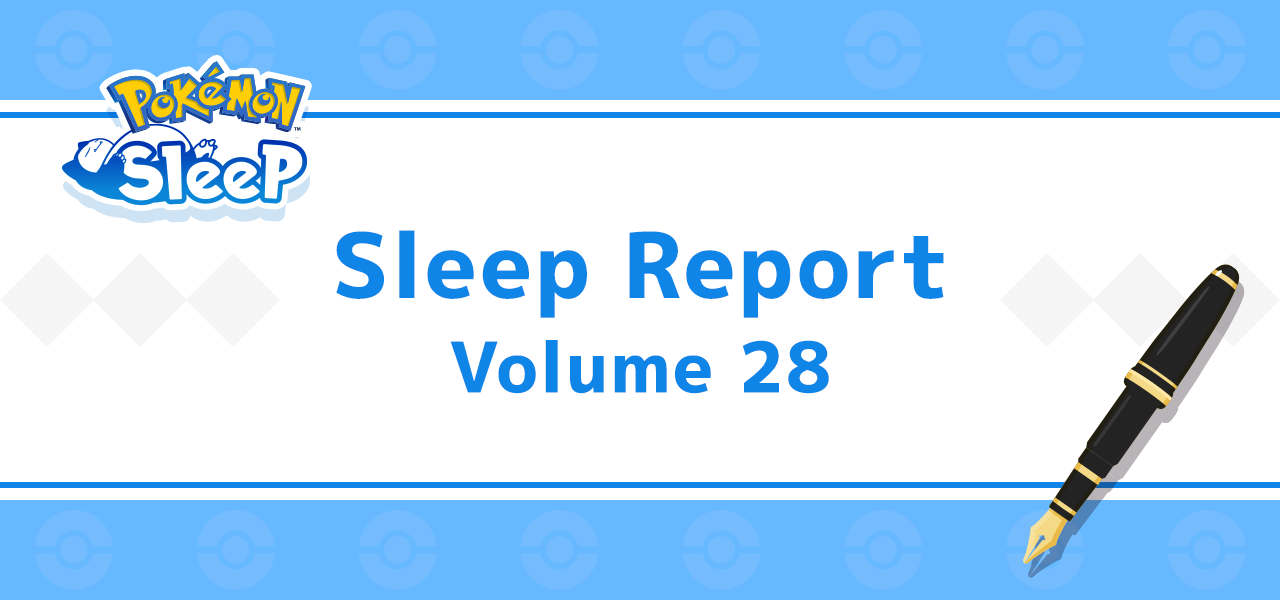New
Sleep Report: Good Sleep Day #28

How was your sleep research during the three-day Good Sleep Day event?
Our sleep tends to be shorter and shallower during the full moon.
Just as this commonly accepted view may lead us to expect, we found that on the night of the full moon during this Good Sleep Day event, all researchers’ worldwide average sleep duration was 3 min. and 3 sec. shorter than average.
Let’s do our best to sleep better during the next full moon!
The next Good Sleep Day event will be from to .
This Month’s Sleep Tip
Here’s this month’s sleep tip!
We hope all you researchers find this useful for your daily sleep.
Biological Clocks Reset in the Sunlight
Our biological clock is what makes us wake up and start functioning when the sun rises and get sleepy when night falls.
Usually when night falls, our bodies secrete melatonin, known as the “sleep hormone.” This is said to help us fall asleep and is our biological clock’s way of regulating our sleep.
The sight of sunlight soon after we wake up is what lets our bodies know it’s morning. This resets our biological clock.
Just as it’s important for us to take in the morning sunlight, being around too much bright light at night can confuse our biological clock and interfere with the secretion of melatonin, making it difficult to fall asleep.
If the above link doesn’t work, please copy and paste the following URL into your browser.
https://www.pokemonsleep.net/en/science/terminology03/
